According to General Phan Van Giang, engineers and scientists working in the field of weapons and military have many risks and need appropriate policies to attract talent.
On the afternoon of November 28, responding to the National Assembly delegates' opinions on the policy of attracting talent in the draft Law on Defense Industry, Security and Industrial Mobilization, Minister of Defense Phan Van Giang said that Viettel must have a separate decree of the Government to attract resources, have people and have the Military Telecommunications Industry Group as it is today.
"There must be policies on salary, bonus, housing; rewards, recognition, conferment of scientific titles and a military rear policy to attract talented people to work," General Giang said.
He said the nature of the weapons research and manufacturing industry "is extremely difficult and risky". Testing a bomb, a missile or a new type of weapon must be prepared for the possibility of an incorrect explosion, an explosion before leaving the barrel or launcher, even if the procedure is correct.
Weapons and equipment "have to be tested dozens of times, sometimes several dozen times, and even the entire technological process has to be changed". Therefore, to attract science and technology talents, especially in specific fields such as the military, "requires corresponding recruitment and training policies and regimes".
The draft law stipulates that core defense industrial establishments and security industrial establishments enjoy special policies on training, fostering, recruitment, selection, salary policies, and preferential treatment for employees. These units are allowed to account for expenses for treatment and attraction of leading experts, scientists, and chief engineers.
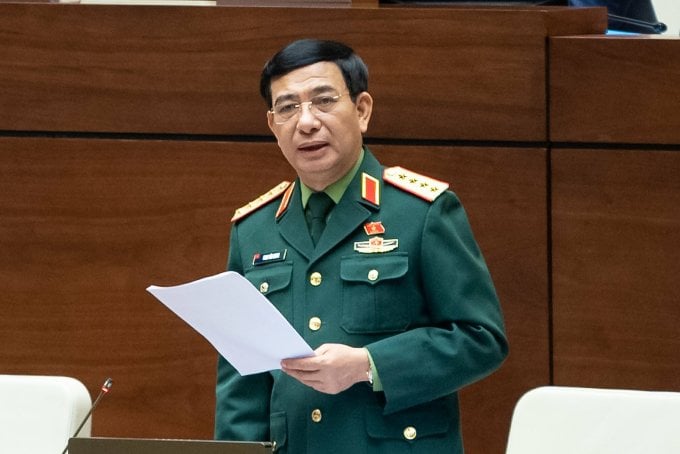
General Phan Van Giang, Minister of National Defense at the National Assembly. Photo: National Assembly Media
Previously, delegate Khuat Viet Dung (Vice President of the Vietnam Veterans Association) agreed to build a specific mechanism for the development of the defense and security industry in the draft law. These mechanisms create conditions for research, testing, production, and autonomy in the development of defense industry products.
The draft has added a mechanism to attract and employ leading experts, scientists, and chief engineers; a mechanism to assign tasks of designating contractors and suppliers in production, procurement, and technology transfer. However, Mr. Dung said that specific mechanisms and policies need to be clearer and bolder. "This is the key to creating a breakthrough for the development of a self-reliant, self-reliant, dual-use, and modern defense and security industry," he said.
Delegate Nguyen Thi Ngoc Xuan (Deputy Head of Binh Duong Delegation) proposed that the drafting agency prioritize policies to attract and provide special treatment to highly qualified managers and scientists; strong and specialized research teams; excellent engineers; leading experts in technology, military management and production; and high-level technicians and workers in defense and security technology know-how.
The female delegate also proposed supplementing training and development policies both domestically and internationally for human resources; investing in and improving the quality of universities, academies, institutes, and applied research centers on science and technology in defense and security.
"There should be a mechanism to directly recruit and give higher incentives to excellent high school students and university students in specialized technical training fields, key to the defense and security industry," Ms. Xuan proposed.
The draft Law on Defense Industry, Security and Industrial Mobilization is being given its first opinion by the National Assembly and is expected to be considered and approved at the mid-2024 session.
Source link







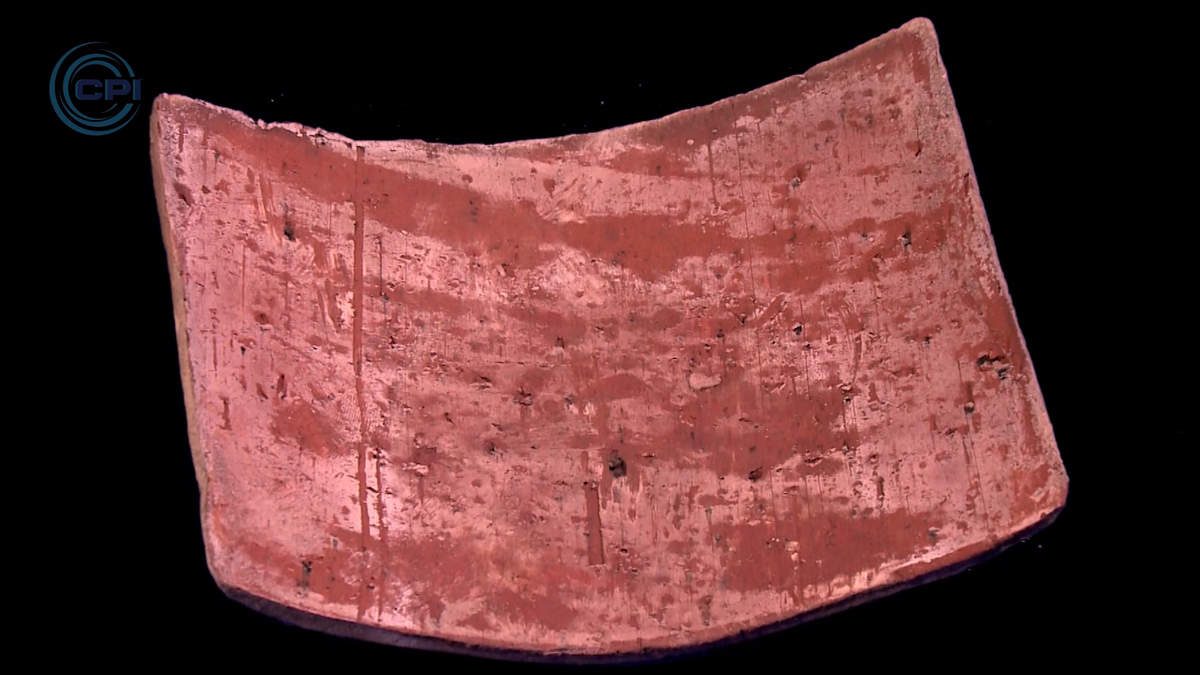
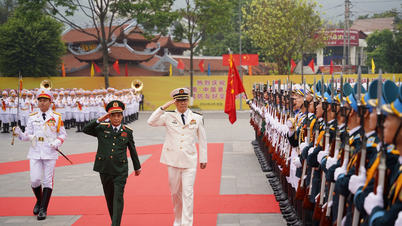

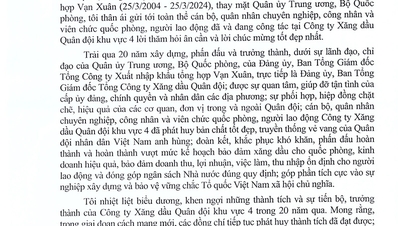

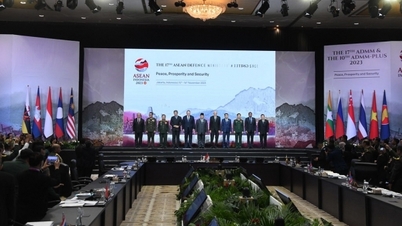

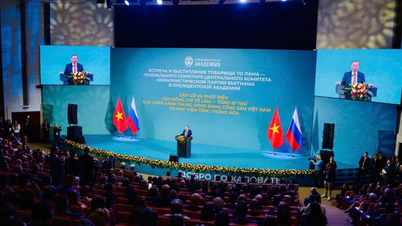

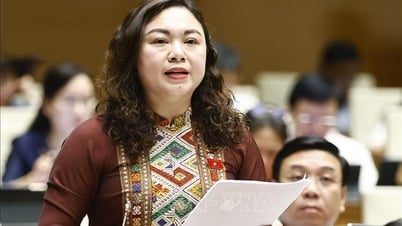
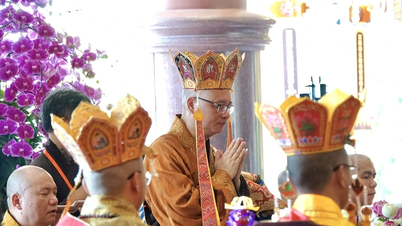
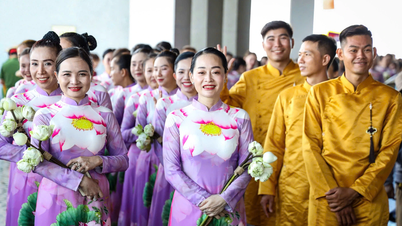













































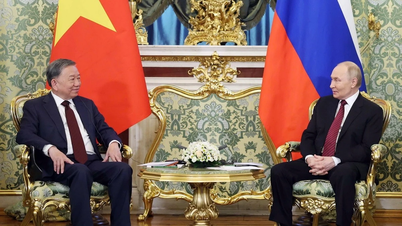
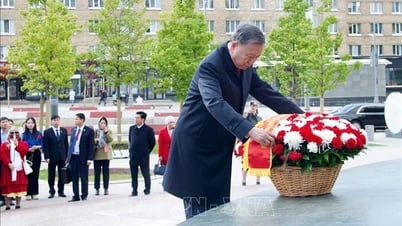
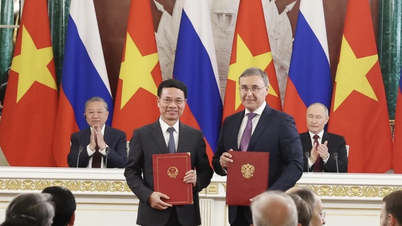

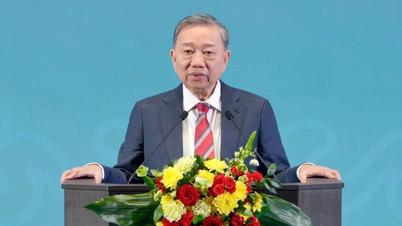











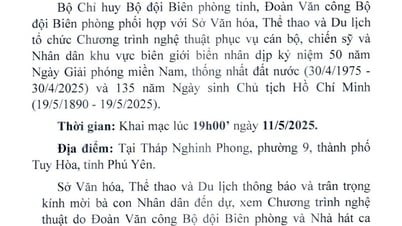



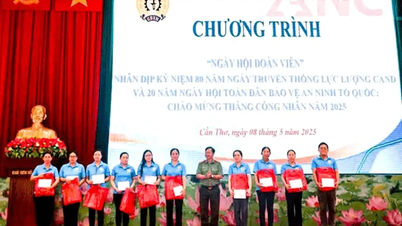
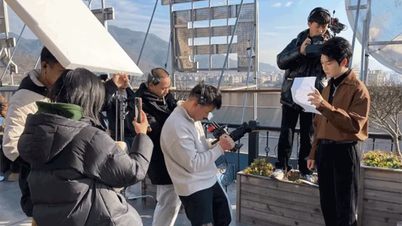
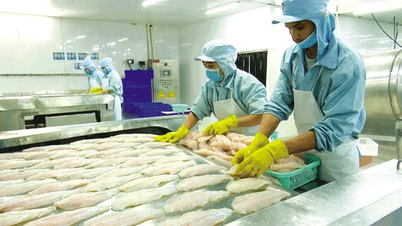
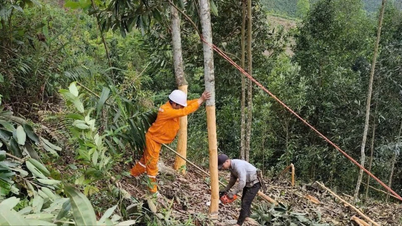












Comment (0)